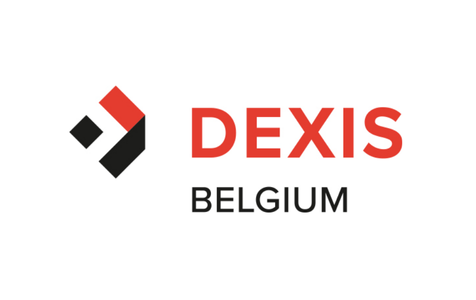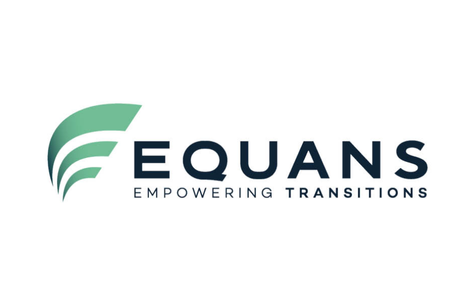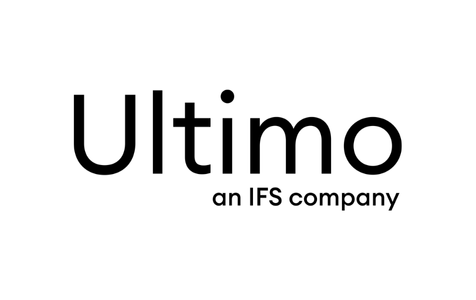E-learning: PM100 - Developing and Improving Preventive Maintenance Programs
Achieve higher reliability and availability whilst doing less maintenance. Acquire the knowledge and tools you need to create a highly effective and efficient Preventive Maintenance Program.
The PM100 Developing and Improving Preventive Maintenance Programs online training course provides you with the knowledge you need to eliminate up to 60% of your preventive maintenance tasks that add little to no value for your organisation.
Throughout this fully online course, you will learn the simplest and most practical approach to creating an effective and efficient Preventive Maintenance program. You will learn the principles needed to reduce work-loads, reduces costs, and increase reliability.
To achieve these objectives the course has been broken down into 8 modules, plus a bonus module. Each module consisting of individual lessons.
Course structure
Module 1 - Welcome to the course
A short module, but very important module. In this module, we’ll get you setup for success. We’ll cover course objectives, go into the details of exactly what you’ll learn and how we will work together. In addition, I’ll give an introduction to the online learning management system. And introduce you to our support staff and where and how to ask for help.
Module 2 - Preventive Maintenance Basics
In this module, we start the real work. After a brief introduction of why we do maintenance and how our preventive maintenance program contributes to meeting our overall maintenance objectives, we’ll take a short walk back in time to look at how maintenance thinking has changed in the last 70+ years.
We’ll then look at the principles that underpin an effective Preventive Maintenance program. I’ll summarise what we’ve learned as an industry from the development of RCM and how you can apply those principles in your PM program without having to do complete RCM studies.
In the remainder or of the module we’ll delve into more detail of those principles including a discussion on the different types of maintenance, what failure modes are, the importance of the characteristics of a failure mode, the P-F curve and we’ll round up the Module with discussion on Consequence of Failure and Operating Context.
Module 3 - Types of Maintenance
In this module, we’ll discuss the different types of maintenance, their characteristics, when to use them and when not to.
We will talk in detail through the benefits and drawbacks of Time-Based Maintenance (TBM), Failure Finding Maintenance (FFM), Condition Based Maintenance (CBM), Risk-Based Maintenance (RBM), Predictive Maintenance (PDM) and Run-to-Failure (RTF) Maintenance.
We will also discuss practical applications for each of the different types of maintenance. Starting with the familiar concept of a family car, all the way to industrial applications.
Module 4 - Introduction to RCM
In this module, we’re going to unpack what is probably the most famous or infamous acronym in our profession – RCM or Reliability Centered Maintenance. You will discover that RCM is a relatively simple concept, but it takes a lot of experience, expertise and a lot of effort to apply it effectively.
RCM is introduced early in this course because it is in many ways, the Gold Standard to maintenance program analysis. It is the benchmark against which all the other approaches are compared against, and more often than not, other approaches are derivatives from RCM.
Module 5 - Analysing your PM Program
In many ways, this is the heart of the course. In this module, we’ll talk about the most common flaws in PM programs so that you can avoid making them. And we’ll explore different improvement methodologies like PMO, FMEA, and more equipment-specific risk-based maintenance methodologies like RBI or SIL.
We’ll talk about what they are, how to use them, when to use them, and I will provide you with practical, actionable frameworks and templates so you can put what you learn to good use!
Module 6 - Maintenance Work Instructions
This module will address the importance of documenting your maintenance tasks through sufficiently detailed, and properly controlled Maintenance Work Instructions. With effective work instructions, you will reduce variability in task execution and improve the effectiveness of your PM Program.
We’ll explore the amount of detail you need to include, how to structure your work instructions, and even touch on the importance of standardising your writing style and vocabulary using an international standard like ASD-STE 100 – Simplified Technical English.
Module 7 - Building Your PM Program in Your CMMS
In this module, we’ll discuss some of the key factors when it comes to structuring your PM program in your CMMS so that you build a PM program that is executable.
If you don’t structure your PM program well, you can make it really hard for your crew to do the PMs on time and that will significantly undermine the effectiveness of your PM program.
Another consequence of poorly structuring your PM program in your CMMS is that you will make life hard for your Maintenance Planner, Scheduler, and Execution Crew—undermining the efficiency of the team and impacting the gathering of the right data for longer-term improvement.
Module 8 - Executing a PM Project
In this module, you will learn how to run a PM Project, either an improvement project for an existing PM program, building a new PM program for a new plant, or maybe for a new production line or major piece of equipment.
We will talk about the project management and change management you need to apply, and we will look at how you can measure the effectiveness and efficiency of your PM program.
We will wrap up the Module by discussing how to eventually adopt the concept of a Living Program that is driven by incremental continuous improvement, rather than major improvement projects.
Module 9 - Bonus Content
This bonus module will provide insight into important reliability practices like lubrication management, precision alignment, flange management, and more.
What's included ?
- 9 Course Modules
- 48 Lessons totaling 16 hours of videos
- Course slides (PDF), Transcript (PDF) and Audio of all lessons (MP3)
- Certificate of completion (PDF)
- SMRP Recertification credits
- Online Forum for Q&A
- Lifetime access
- Bonus Content
About the teacher
Erik Hupjé has a passion for continues improvement and keeping things simple. Through the Road to Reliability he helps Maintenance & Reliability professionals around the globe – people like yourself – improve their plant’s reliability and their organisation’s bottom line.
He is a Certified Maintenance & Reliability Practitioner (CMRP), Certified Reliability Leader (CRL), Certified Asset Management Assessor (CAMA) and a Chartered Professional Engineer (CPEng).
Practical information
BEMAS member rate : € 1.765 (excl. VAT)
Non-member rate : € 1.865 (excl. VAT)
Registering 3 people or more ? Contact us for a discounted quote via training@bemas.org.
Register for this course
Registering 3 people or more ? Contact us for a discounted quote via training@bemas.org.






